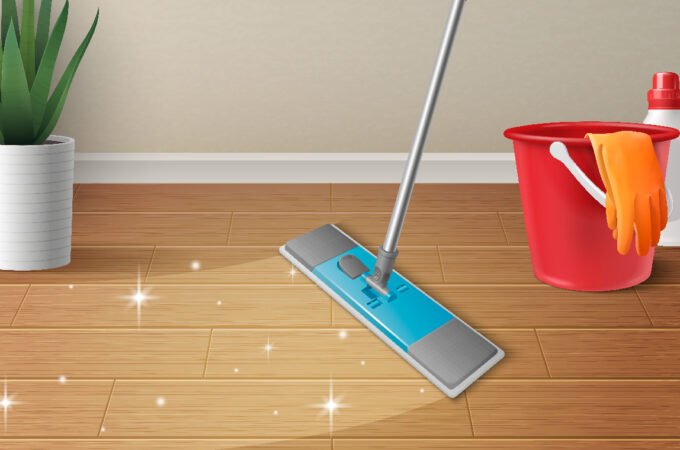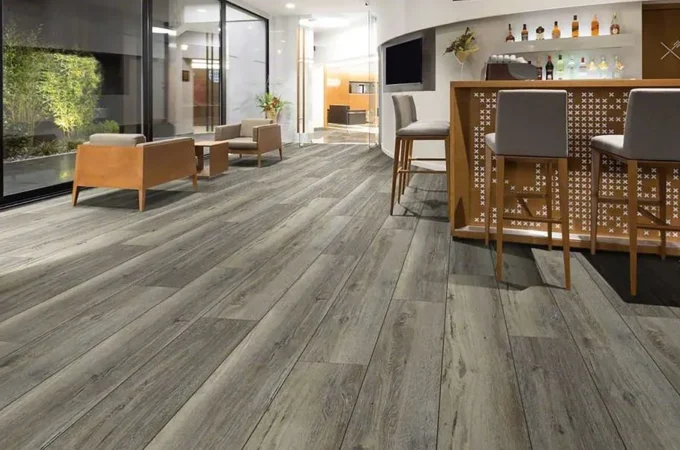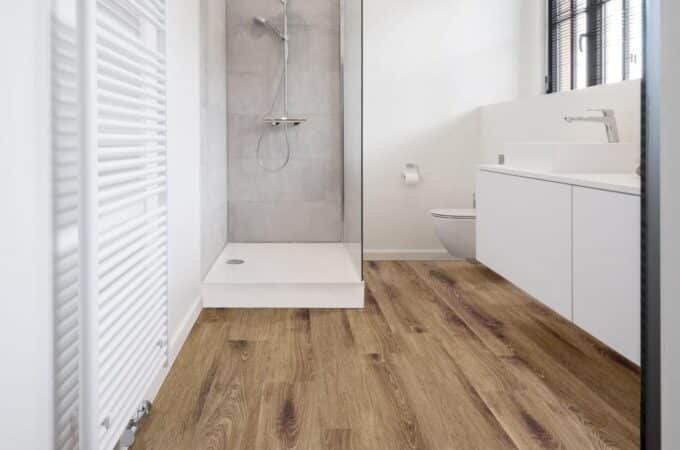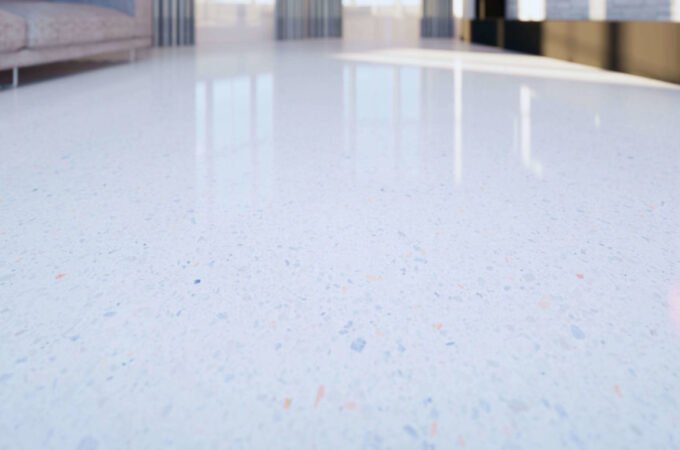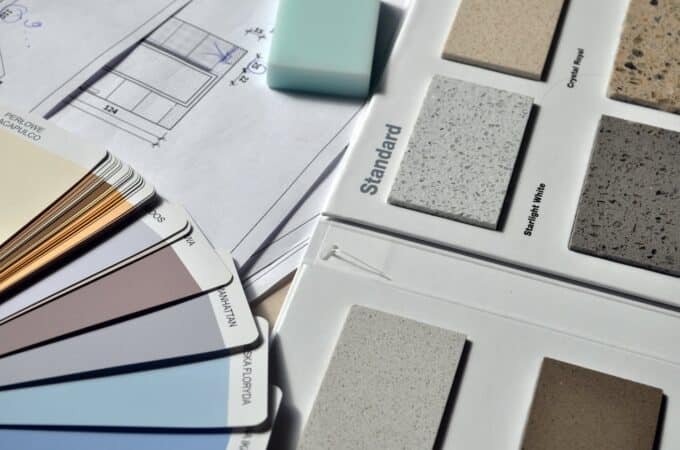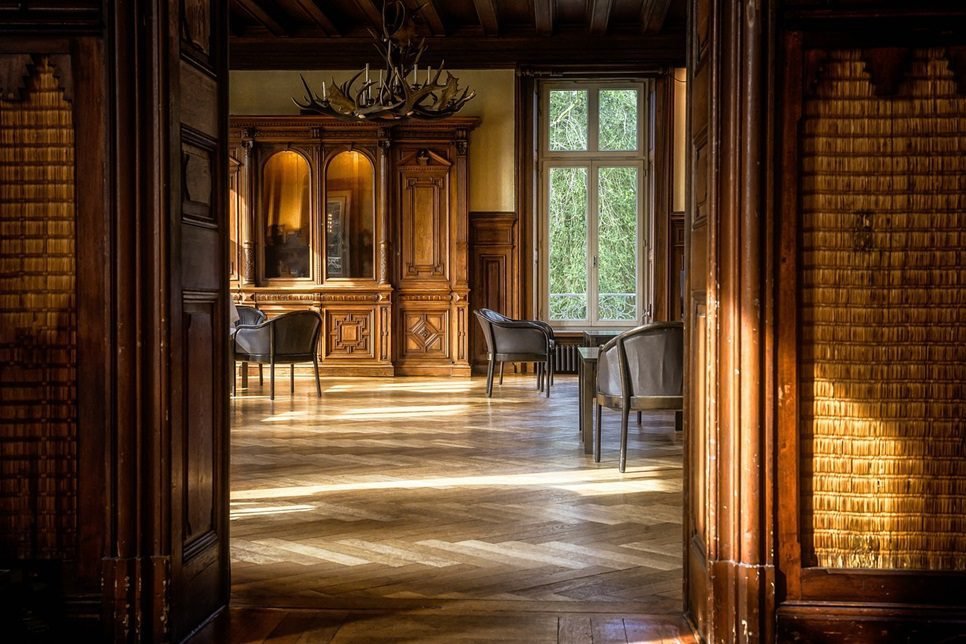
The Do’s And Don’ts Of Vinyl Floor Care
Whether you have just installed new vinyl flooring in your home or have had it for many years, proper care and maintenance are important to maximize its life and keep it looking its best. Vinyl flooring is very durable but still requires regular cleaning and care. In this article, we will explore the dos and don’ts of vinyl floor care to help keep your floors looking newly installed.
Table of Contents
ToggleRegular Cleaning And Maintenance
Proper and regular cleaning is one of the most important aspects of vinyl floor care. Sweep or vacuum your floors at least once a day to remove dirt, dust, and other debris that can scratch or dull the floor’s surface over time if not removed. For light cleaning, use a microfiber mop dampened with water. Avoid using conventional cleaners or mops with harsh chemicals that can damage the protective finish on vinyl floors. Swiffer and Bona make specialized no-rinse vinyl floor cleaners that are safe to use. Deep clean your floors once a week or as needed with the approved cleaner. Wipe up spills immediately to prevent stains from setting in.
Prevent Scratches And Dents
Vinyl floors can get scratched or dented if not properly protected. Sweep for debris before allowing furniture or other items back on the floor after moving or cleaning. Fit furniture legs with felt pads to prevent scratches. Use rolling office chairs with wide, soft wheels rather than narrow hard plastic wheels. Avoid dragging heavy items across the floor. Keep pet nails trimmed to prevent scratches too. Don’t wear stiletto heels which can permanently dent the floor’s surface over time. Remove shoes before walking on the floor if wearing cleats, sports shoes, or boots that may contain rocks or pebbles that can scratch.
Repair Minor Scratches
Small scratches can sometimes be touched up or repaired on vinyl floors. Look for speciality vinyl scratch filling or putty kits containing identical vinyl color. Following the instructions, apply the putty to scratches using a plastic scraper or tool and allow it to fully dry before buffing away excess with a cloth. Deeper scratches may require sanding and reapplication of several thin coats. Seek professional help for significant scratches.
Dealing With Spills And Stains
Act quickly to clean up spills on vinyl floors to avoid permanent staining. For wet spills, wipe or blot up excess liquid immediately with a clean cloth or paper towel. For oil-based or greasy spills like motor oil or cooking oil, sprinkle an absorbent such as cornstarch or baking soda over the spill, leave it to soak, and vacuum or wipe clean afterwards. For tough stains like red wine or coffee, blot up the excess and rinse with a mixture of warm water and white vinegar before scrubbing gently with an approved floor cleaner or soft brush. Avoid harsh chemicals that can damage the surface finish. Don’t scrub too hard which can wear down the protective layer over time.
Luxury vinyl flooring is very durable and water resistant, making it a popular choice for bathrooms and kitchens where spills are more common. However, it still requires regular cleaning and care. Blot up spills quickly before they have a chance to soak into any porous joints or seams in the flooring. Use only pH-neutral cleaners without harsh chemicals or bleaches which can slowly break down the floor’s protective coating.
Dealing With Moisture And Fading
Excess moisture and sunlight can cause vinyl floors to fade prematurely over time. Install humidifiers or dehumidifiers as needed to maintain indoor humidity between 30-50%. Avoid flooding the floor with water for long periods for example from a leaky appliance. Wet mopping is fine but don’t allow water to pool. Place mats or rugs by exterior doors to trap dirt and moisture from shoes that enter the home. Open blinds or curtains during daytime to allow even distribution of light which causes less damage than direct streams of sunlight in one location. Rotate rugs and furniture periodically to ensure even fading.
Preventing Pet Damage
Pet claws can easily scratch vinyl floors. Keep nails trimmed and invest in protective paw coverings or rugs in high-traffic areas. Be especially vigilant with puppies and kittens still learning not to scratch. Clean up any accidents immediately with an approved vinyl floor cleaner. The ammonia in urine can damage floors if left sitting for long periods. Discourage chewing or scratching behavior on floors through training.
Repairing Severe Damage
For deep cuts, punctures, or significantly worn sections, professional repair may be needed for a seamless fix. Vinyl repair kits are available containing self-leveling vinyl compounds to fill gouges and color-matched vinyl tiles or planks for replacement sections that can be heat welded in for an invisible repair. Large areas may require fully replacing damaged planks or tiles. Have repairs done by qualified flooring contractors for ideal results.
Preventing Premature Wear
To extend the lifespan of vinyl floors, avoid wearing stiletto or cleated heels, rolling furniture or appliances without pads, and dragging heavy furniture across the surface. Use doormats outside entrances to remove grit and dampness from shoes that cause scratches. Place rugs in high-traffic areas to protect the floor underneath. Rotate rugs periodically to ensure even wear. When rearranging furniture, protect floors with Masonite board when sliding or walking heavy loads. Maintaining a healthy indoor environment through temperature, humidity, and sunlight control also helps slow natural fading over the long term compared with floors in harsher environments.

